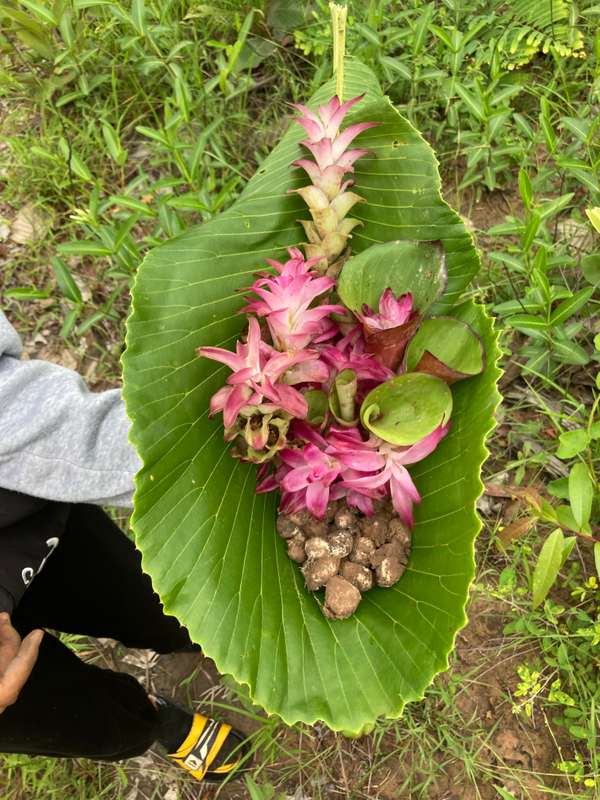
Plant Planet Plate is a recently launched project in Oddar Meanchey Province, Northwest Cambodia by Dr. Ashley Thuthao Keng Dam, a medical anthropologist and a National Geographic Explorer and Green Shoots Foundation, a UK/Cambodian registered NGO running a permaculture farm and training space in Oddar Meanchey. Plant Planet Plate aims to celebrate and document foraging and wild-food knowledge in Cambodia and demonstrate that building resilient landscapes and understanding food history can improve food security and curb the impacts of climate change.
We feel this project is timely as Cambodia's rich biodiversity is at threat from climate change, loss of habitat, and changes in ecosystem. Documentation of species is limited and if any, has been orally passed down by elders, family members, and Khmer Traditional Medicine healers. However, the role these plants play in supplementing diets (particularly during COVID 19 for example) shows how important it is to not only begin recognizing the villagers, foragers, and healers as the true custodians of this knowledge but also preserve their word because it's contribution to the plant-world, conservation efforts and academia is unmatched.
In June 2023 the team comprising, Dr Thao, Muneezay Jaffery from Green Shoots Foundation, and Mr Sarin Sak, a local agronomist, set out in the vicinity of Samraong District of Oddar Meanchey Province to conduct 50 interviews with households on the wild-foods they gather, how they eat them, where they go forage and so forth. This information and other details of the plants will be compiled into a database that will be available in English, French, and Khmer as essays for the use of academics, plant enthusiasts, growers, and food enthusiasts.
At the end of the 50 interviews (around four weeks) we have around 125 names of plants in Khmer and we are now taking the step to find corresponding scientific names, common names, and plant families. So far, using various sources, we have around 40 scientific names for the plants and are looking to the ECHO Community to help us identify a few more!
One thing we know is that plants and biodiversity don't observe political/administrative boundaries. Many of the plants enjoyed in Cambodia would also be popular in Laos, Thailand, Vietnam and other countries in Asia. So we hope the ECHO Community from those regions and within the diaspora will help us verify names of plants and any other details they can provide.